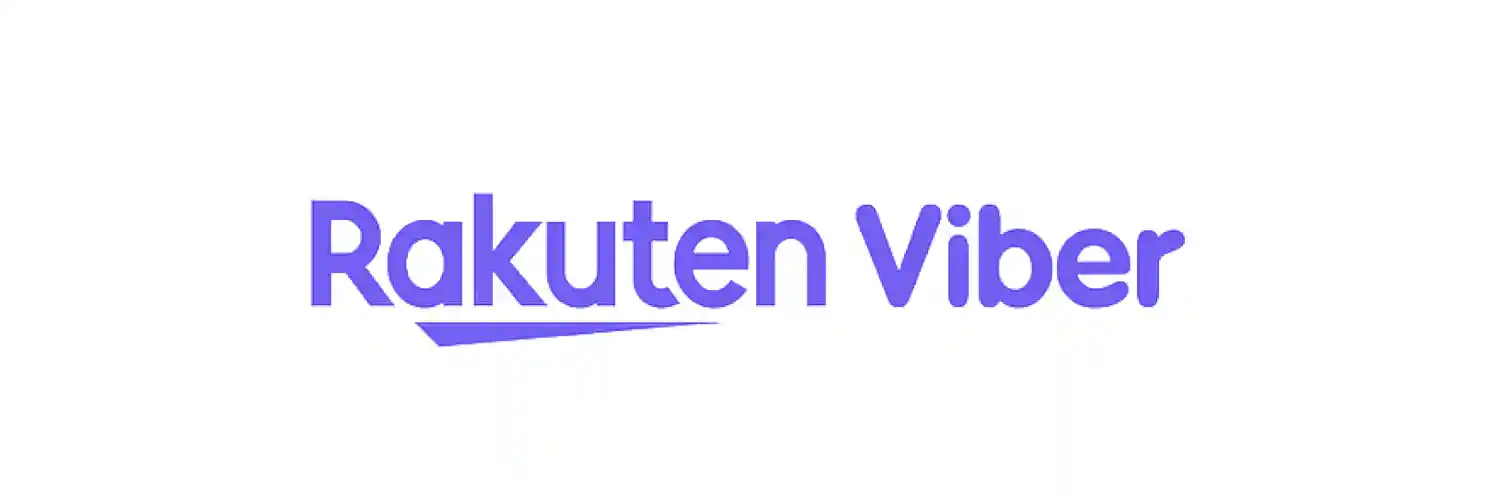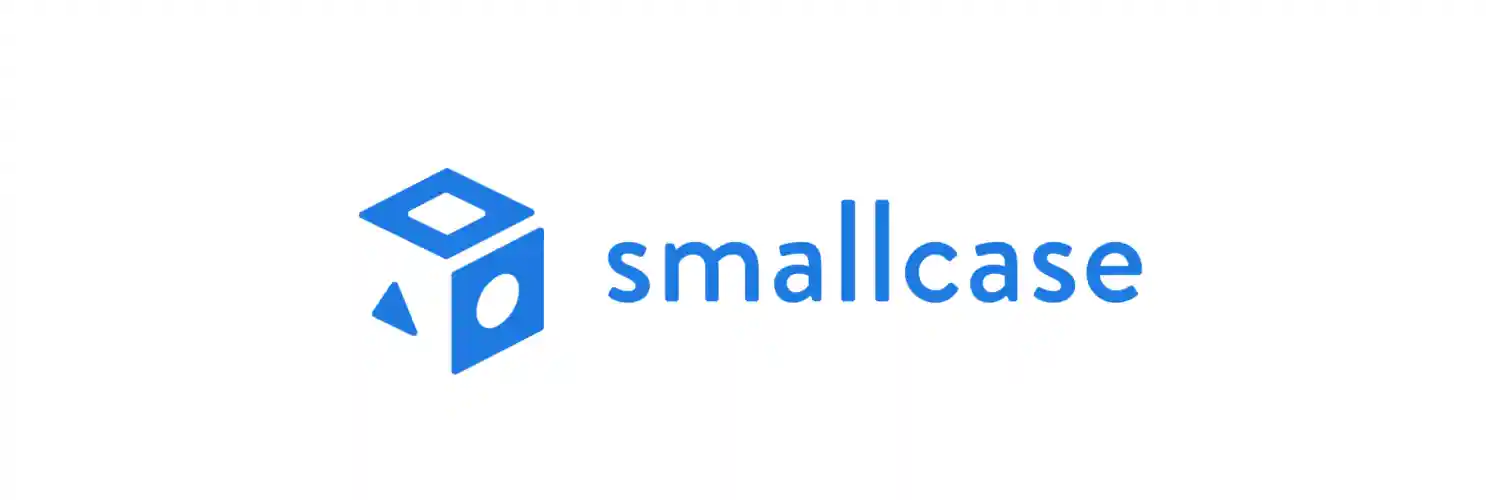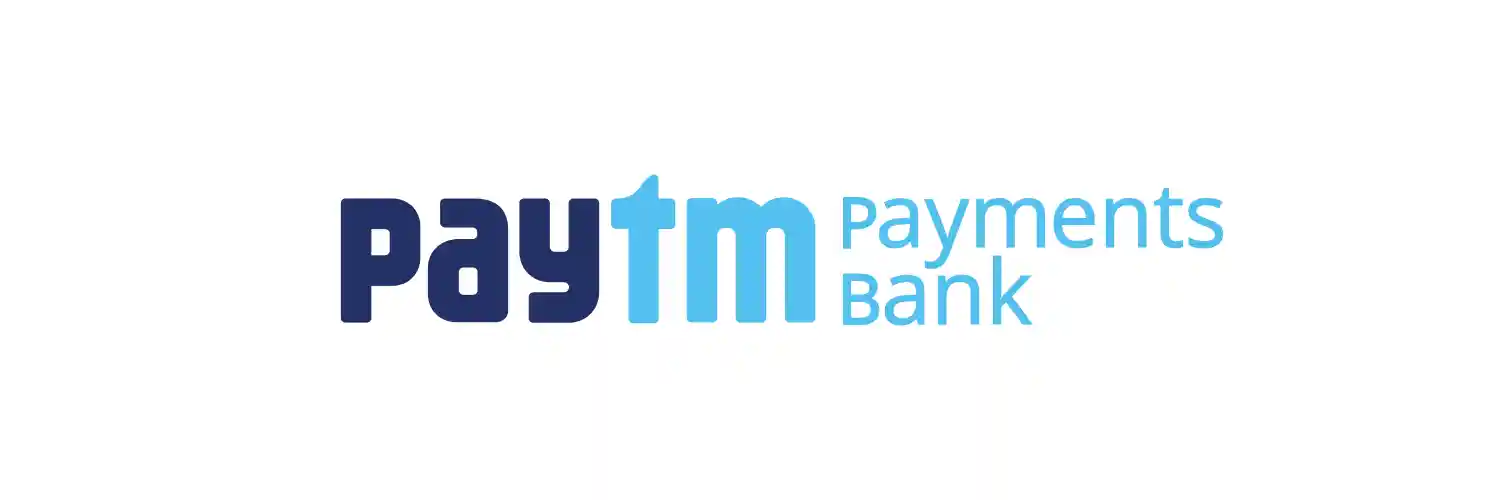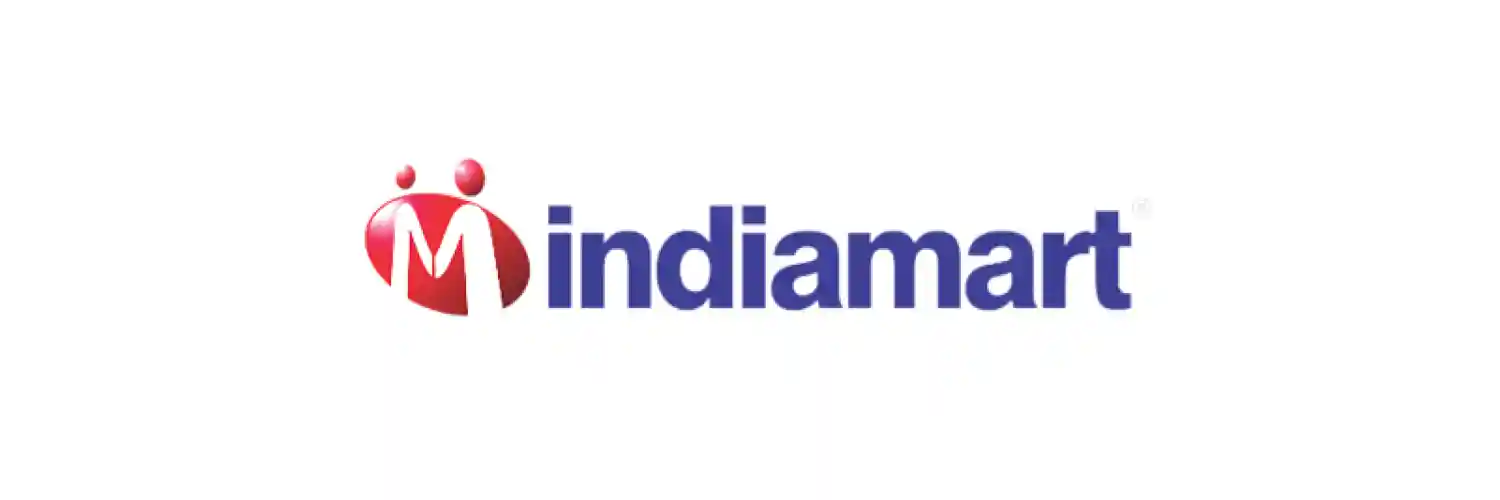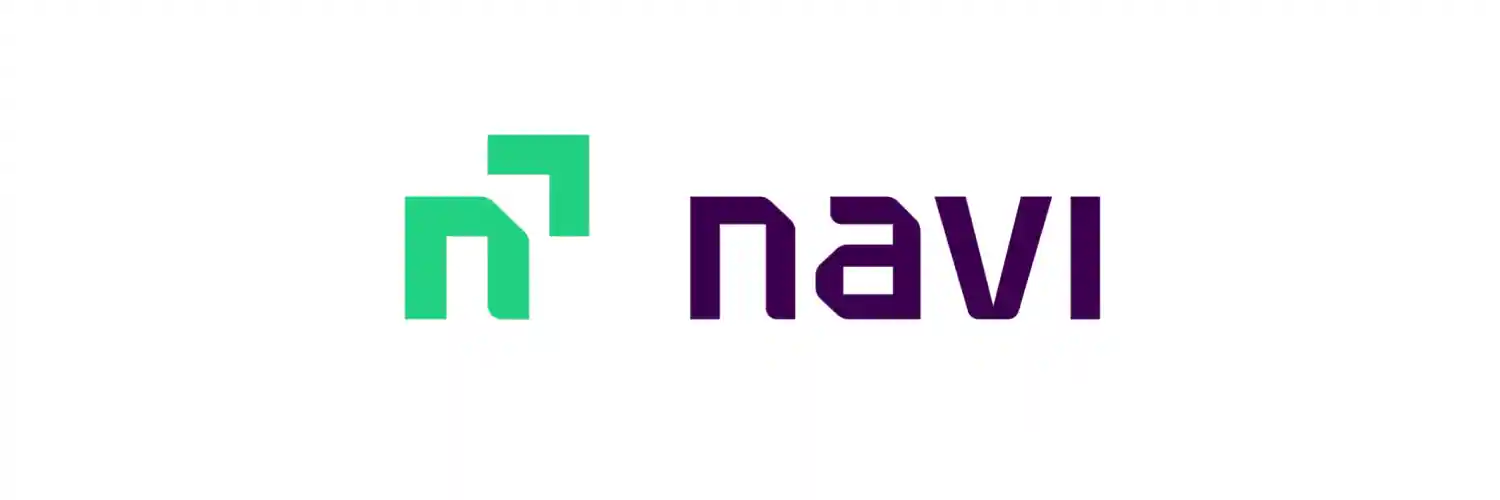Incident Alerting
Escalate Critical Alerts From 120+ APM Tools
Zenduty escalates critical incident alerts from 120+ incoming and outgoing integrations to the right on-call user via multiple channels, i.e. Slack, MS Teams, SMS, phone call, Android, and iOS push notifications. An average on-call engineer responds to an incident within 30 seconds.
Details
A detailed payload is pulled when a critical incident is triggered.
Alerts
Complete visibility of assigned team members, SLA priority, incident priority, incident urgency level, and related escalation policy in one window.
Timeline
Access the timeline of the incident actions taken by the team members.
Notes
Add reference notes, and instructions related to the incident to provide context to the on-call engineer.
Tasks
Assign tasks for the on-call engineer to execute for faster resolution of the critical incident.
Similar Incidents
With our incident management tool, you can get access to a list of similar incidents for context, helping you triage faster and with more insights.
Stakeholders
Automate stakeholder communications with the stakeholder templates and keep them in the loop during business-impacting incidents.





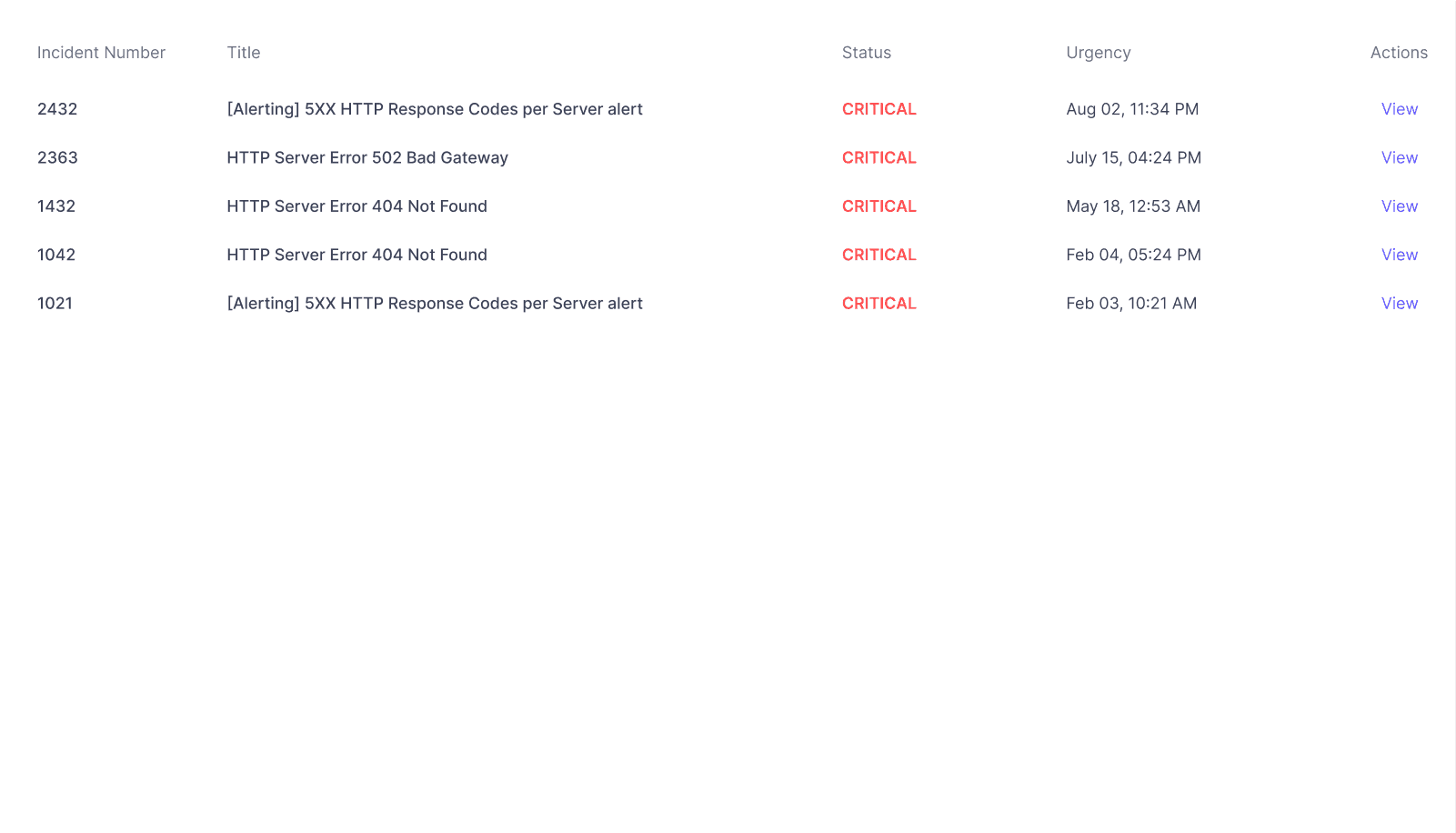
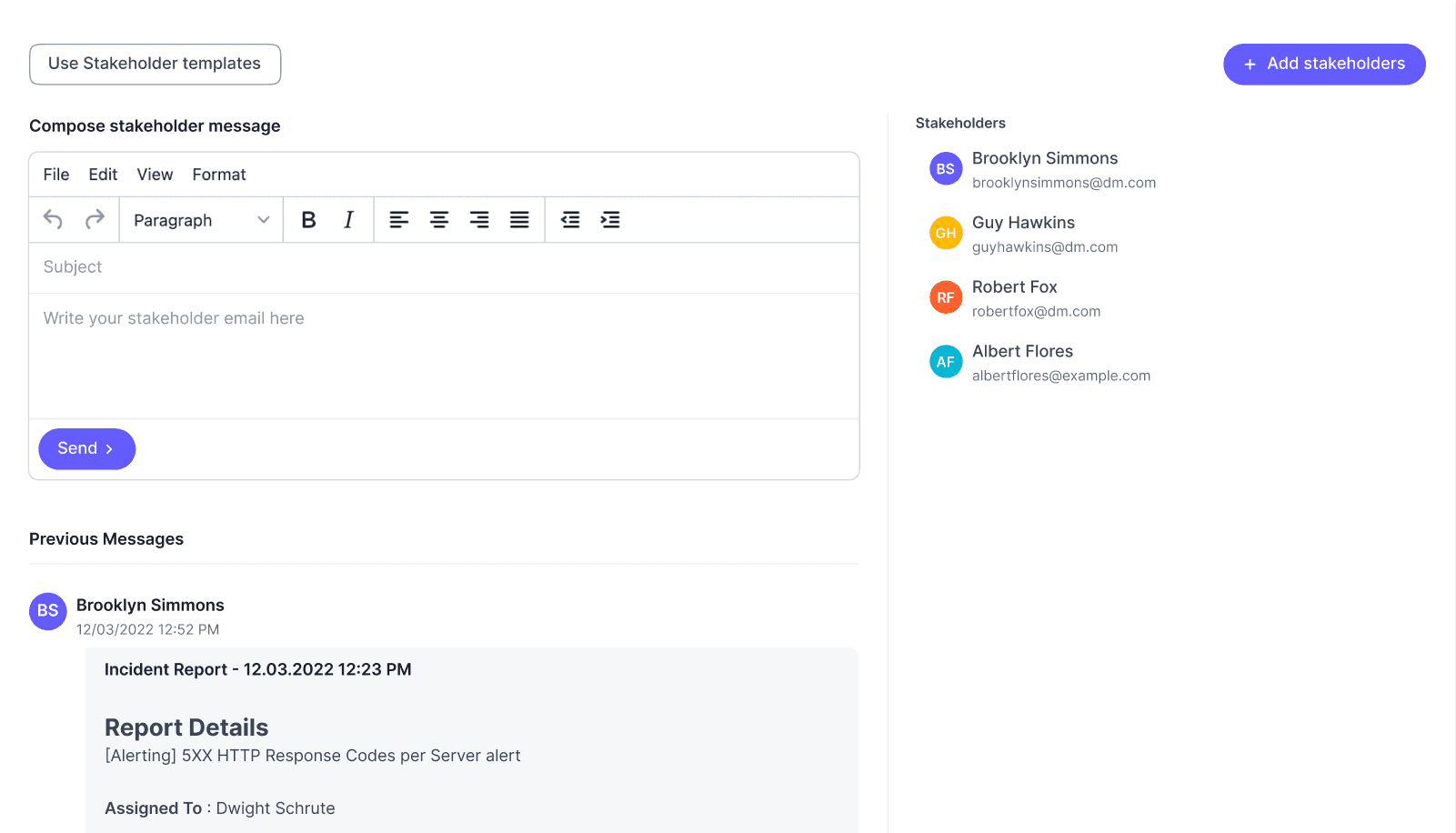
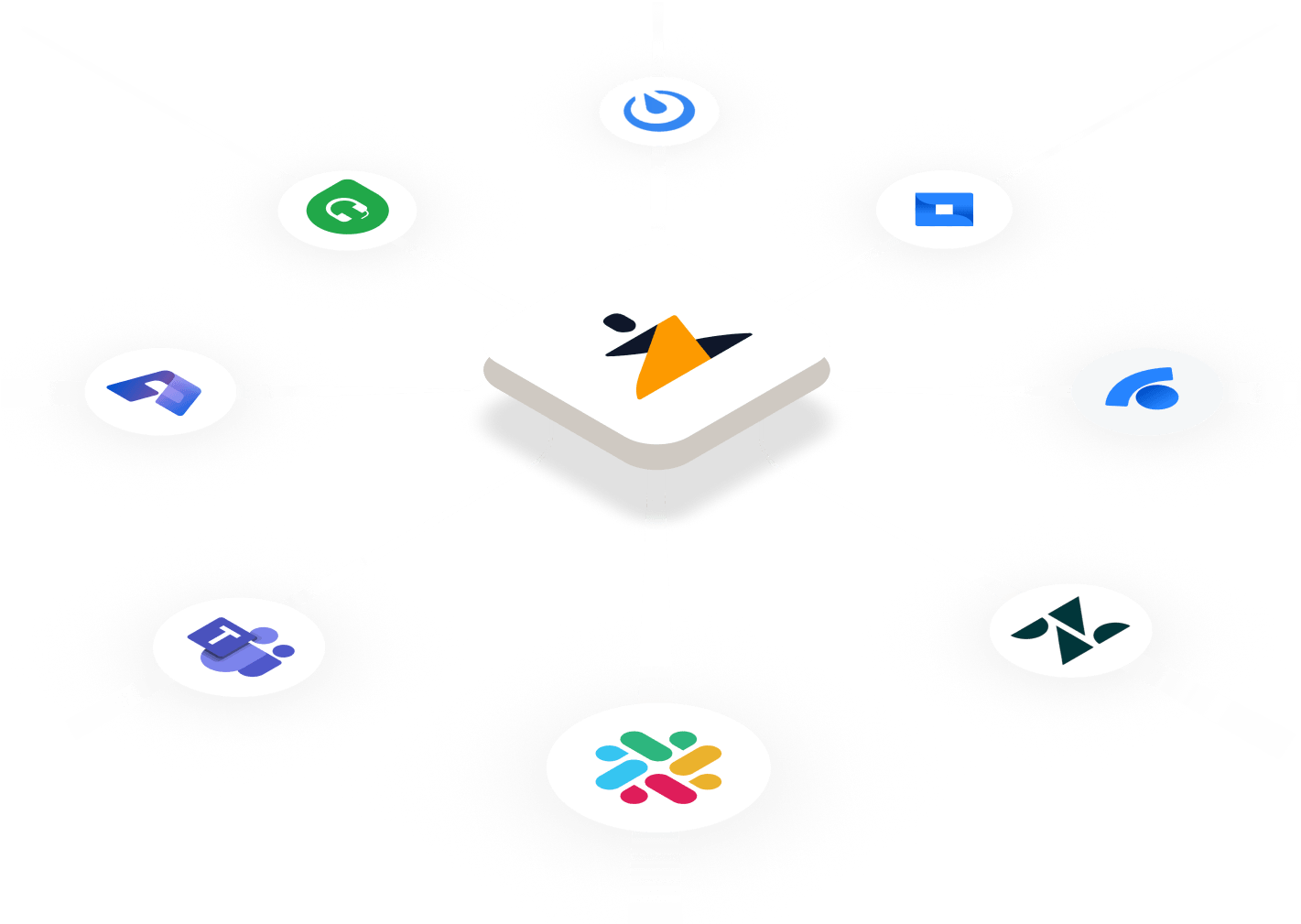
Two-way Integrations
Zenduty provides two-way integrations for Jira, Freshdesk, ServiceNow, StatusPage, and Zendesk. The tickets/incidents acknowledged and resolved are auto-synced and updated.

Zenduty's Incident Alerting in Action
Try how a breach in a monitoring tool metric triggers a critical alert on Zenduty, and escalates to the on-call engineer across multiple comms channels.

Multiple Alert Sources, Single Alert Pipeline
Zenduty integrates with all your application performance monitoring, log monitoring, error monitoring, server monitoring, ITSM, support, and security applications.

Alert Rules
Alert rules let you create complex conditions for any integration, by matching fields like alert_type, summary, description of the alert, and payload sent by the alert. Alert rules also let you take custom actions like assigning a custom EP or a user to an integration. This allows teams to route specific alerts based on internal criteria with higher or lower priority to a particular team for a specific service.





